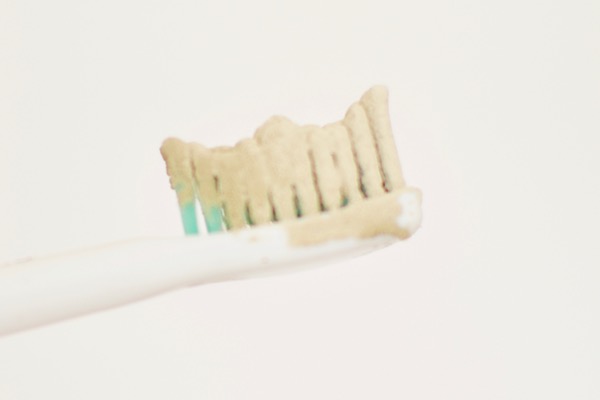People try to find ways to enhance their fertility by eating the right foods, doing exercise, or even taking medication. But did you know your fertility is at risk at every moment of the day?

Sounds a bit dramatic, right? Truth is, there are a lot of things that can affect your fertility, reducing your ability to have children. Here are the top factors that can affect your fertility:
- Stress — Stress increases the levels of cortisone, a hormone that can decrease the levels of fertility hormones in your body. The more stressed you are, the less fertile you are.
- Hormonal imbalances — If your endocrine system is off-balance, you’ll find that your ovulation cycle may be thrown off. Signs that you suffer from hormonal imbalances include irregular, very short, very heavy, or very long periods.
- Chemical exposure — You’ll find that there are many common chemicals that can threaten your fertility. PFCs are chemicals found in furniture, food packaging, adhesives, clothing, or even in the fat of meat and poultry. Any shampoos, cosmetics, and household products with fragrances can threaten your fertility, as do any products containing preservatives (shampoos, hair gels, lubricants, etc.).
- Exposure to radiation — Standing in front of a microwave may not cause infertility like people used to think it did, but radiation and microwaves are still a threat.
- High temperatures — Remember how men aren’t supposed to sit with hot laptops on their lap? This is because high temperatures affect their fertility, reducing their ability to produce healthy sperm.
- Autoimmune disorders — If you suffer from an autoimmune disorder like lupus, rheumatoid arthritis, diabetes, or a thyroid disease, you may find that your fertility is affected by the disorder.
- Weight — Being 10 to 15% overweight can cause problems with your fertility, reducing your ability to have children. On the flip side, being 10 to 15% underweight can cause your reproduction system to shut down.
- Medication — There are a number of medications that can threaten your fertility, including painkillers, antibiotics, antidepressants, and drugs that are prescribed to treat chronic health conditions.

- Tobacco — Smoking is known to affect your fertility negatively, which is why all doctors recommend you quit smoking if you want to get pregnant.
- Alcohol — Drinking in excess can reduce your fertility, and even moderate drinking can impair your ability to conceive. Those wanting to get pregnant should limit themselves to a drink per day, or no more than five per week.
- Endometriosis — This is a condition that develops in your uterus, when the uterine lining grows on the outside of the uterus rather than on the inside. This problem accounts for up to 30% of all infertility cases.
- Fallopian tube disease — Roughly 20% of infertile women suffer from this condition, the result of STDs, some surgeries, and pelvic inflammatory disease.
- STDs — While the STDs themselves don’t affect your fertility directly, they can lead to secondary infections and problems that will reduce your ability to conceive. A large number of people suffer from undetected, undiagnosed STDs, which is why it’s always safer to have sex with condoms unless you’re trying to get pregnant.
- Recreational drugs — Men taking recreational drugs of any sort may find that their sperm quality and number by up to 50%.
- Prostate and testicular disorders — Prostatitis, genital infections, post-puberty mumps, undescended testicles, or scrotal variocele all have a much higher chance of infertility than those with healthy reproductive organs.







